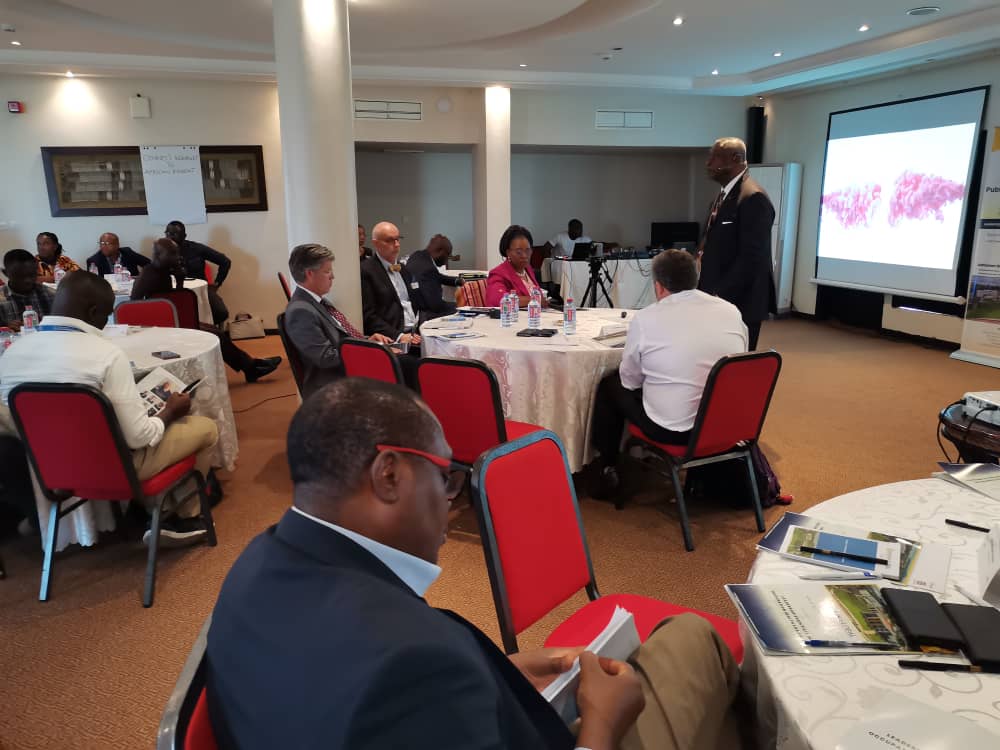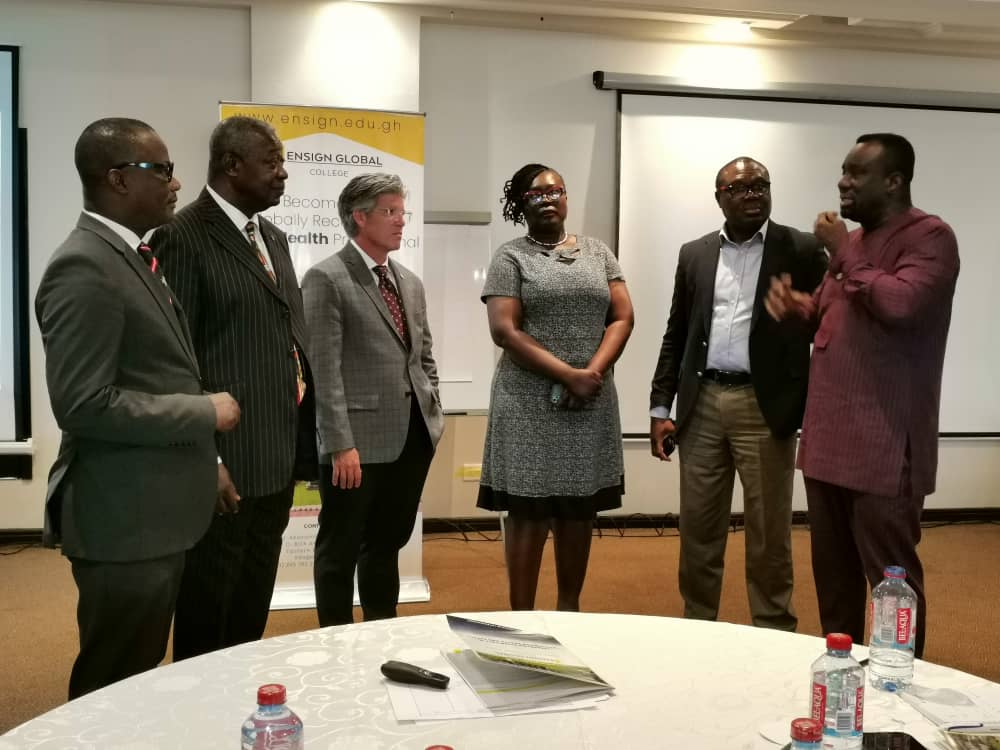By Muniratu Akweley Issah
Accra, Aug. 30, GNA – Professor Agyeman Badu Akosah has lamented the poor health and safety regime in Ghana, causing needless deaths and injuries.
He has therefore called for the prioritization of health and safety policies and regulations to ensure safety in the country.
Ghana is still not a signatory to the International Labour Organisation (ILO) Convention 155 of 1981, which stipulates occupational safety and health at the workplace environment, Vice Chairman, Ensign Global College, said.
Prof. Akosa was speaking at a health and safety workshop and launch of the Ensign’s health and safety initiative in Accra.
Ensign Global College is a training institution focused on deepening the knowledge and skills of health and safety in the country.

The eminent pathologist said Ghana did not have a unified workplace health and safety regulations regime, hence the increasing number of accidents at the working environment as well as the home and all human environments.
He suggested the need for a risk assessment of accidents at the working environment and dissemination of reports regularly for the needed attention.
He said in Ghana, many lives had been lost needlessly mostly through drowning, pedestrian crush or knock downs, gas burns, domestic burns, which he described as traumatic, adding that, the safety of the people was being taken for granted.
He expressed concern that about the fact that 80 per cent of Ghanaians work in the informal sector, however, their health and safety had not been a priority.
“Health and safety is human centered, it is about making sure that there is safety wherever you are, whether at home, work or on the road. It means that the working environment must be safe, congenial and anything that would create harm must be known and managed,” he said.
Prof. Akosa said organisations needed to provide adequate compensation, rehabilitate injured workers, and provide safety gears at the workplace and continuous education and training for employers and employees.
He said: “The culture of occupational health and safety in this country is so low and unbelievable. There are too many traumatic accidents going on in this country, and accidents related to work, road, and domestic.”
“How do we begin to create safety awareness in this country, deepen the knowledge and skills of safety in this country and that is a charge that we in Ensign Global College is accepting and we are saying we will be the crusaders of safety in the country,” he added.
“The passage of the occupational safety and health policy is critical. There has been a draft for a long time, the Trades Union Congress is pushing it, the Ministry of Employment and Labour Relations is spearheading it. But there are turf wars, all these agencies have got fragmented occupational safety and health policies and are all pushing in the wrong direction.

Mr David Dyjak, Executive Director, National Environmental Health Association, said ensuring leadership in health and safety was critical for advancing society and, respecting and protecting human lives was essential to the financial and ethical progress of the country.
Participants of the workshop included government institutions, expected to understand the issues, appreciate and champion the cause of safety at the workplaces.
They also called for awareness creation and a legislative framework to promote the agenda.
GNA